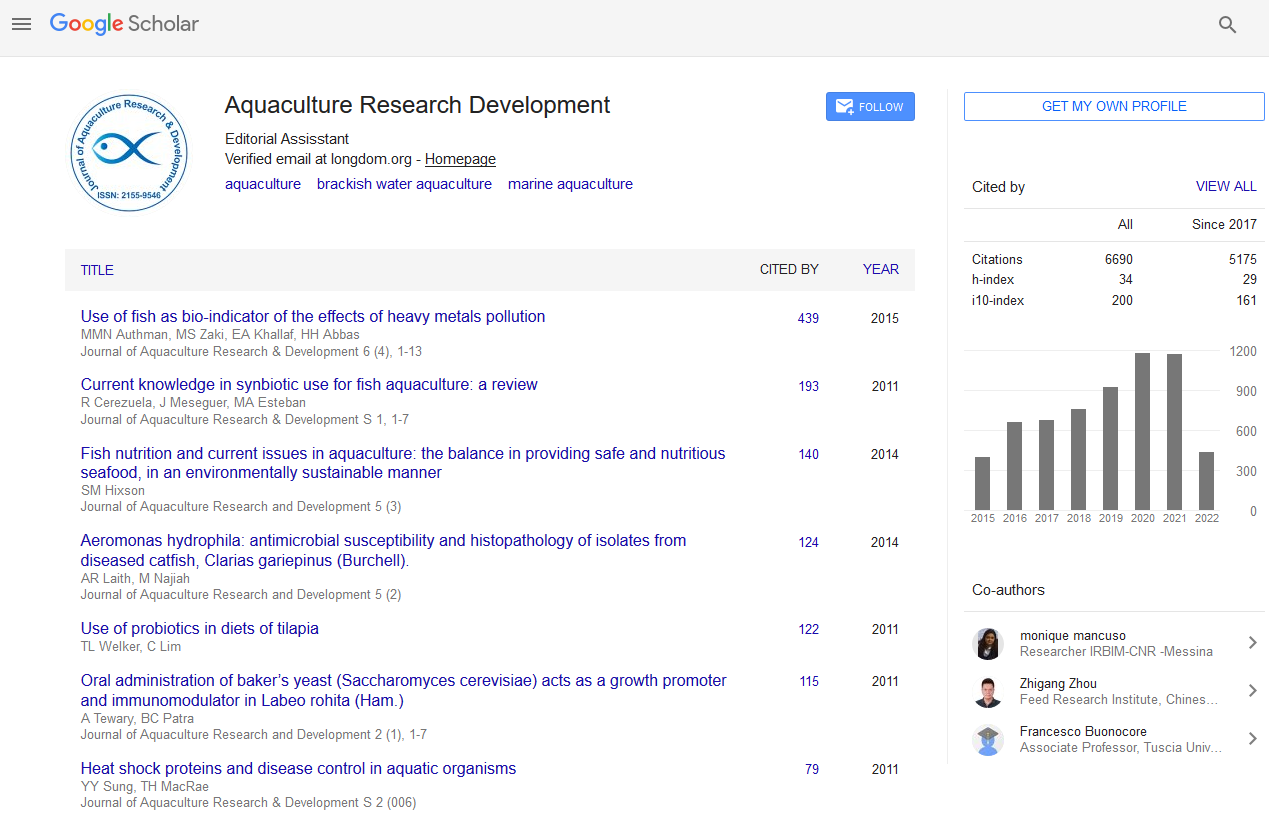PMC/PubMed Indexed Articles
Indexed In
- Online Access to Research in the Environment (OARE)
- Open J Gate
- Genamics JournalSeek
- JournalTOCs
- Scimago
- Ulrich's Periodicals Directory
- Access to Global Online Research in Agriculture (AGORA)
- Electronic Journals Library
- Centre for Agriculture and Biosciences International (CABI)
- RefSeek
- Directory of Research Journal Indexing (DRJI)
- Hamdard University
- EBSCO A-Z
- OCLC- WorldCat
- Scholarsteer
- SWB online catalog
- Virtual Library of Biology (vifabio)
- Publons
- MIAR
- University Grants Commission
- Euro Pub
- Google Scholar
Useful Links
Share This Page
Journal Flyer

Open Access Journals
- Agri and Aquaculture
- Biochemistry
- Bioinformatics & Systems Biology
- Business & Management
- Chemistry
- Clinical Sciences
- Engineering
- Food & Nutrition
- General Science
- Genetics & Molecular Biology
- Immunology & Microbiology
- Medical Sciences
- Neuroscience & Psychology
- Nursing & Health Care
- Pharmaceutical Sciences
Counting crabs; the status of Global Scylla (mud crab) populations and their future management
2nd Global Summit on Aquaculture & Fisheries
July 11-13, 2016 Kuala Lumpur, Malaysia
Colin Shelley
University of the South Pacific, Fiji
Posters & Accepted Abstracts: J Aquac Res Development
Abstract:
Factors controlling the size, vitality and current status of Scylla spp. (mud crab) are reviewed in this paper and their future conservation and management will be discussed. Key markets for mud crabs provide anecdotal information that the wild populations supplying them are increasingly characterised as having smaller average sizes and shrinking numbers. Whilst sustainable mud crab fisheries have been demonstrated to be possible, e.g. Australia, in most countries governments struggle to manage Scylla fisheries. Fishing of mud crabs is driven not only by demand, but also out of financial necessity. The growth of capture-based aquaculture of mud crabs has increased fishing pressure in many countries. A range of management tools are available for Scylla fisheries and techniques for monitoring their populations have improved, however the lack of resources for monitoring, control and surveillance (MCS) remains a major concern. The clearing of mangrove forests to produce coastal areas for real estate development, firewood or other needs has reduced their worldwide coverage. As these forests are the preferred habitat of Scylla spp. this has significantly reduced global carrying capacity for the four species of mud crabs. The high fecundity of Scylla spp., combined with periodic spikes in natural recruitment, linked to natural weather cycles, appears to explain in part their resilience to over fishing throughout their distribution. The growth in aquaculture of Scylla spp. provides optimism to meet the future market demand for crabs and it can be argued that stock enhancement can become another useful management tool, however the management and conservation of wild populations needs to be urgently addressed in many countries, if a valuable coastal fishery resource is not be lost to many, often poor coastal communities.
Biography :
Email: ycshell@tpg.com.au


